German-funded inquiry into DRC atrocities slammed as ‘cover-up’ | Investigation News
A series of audio recordings, images and leaked documents obtained exclusively by Al Jazeera’s Investigative Unit (I-Unit) appear to show the failures of a German government-funded inquiry into reports of killings at the Kahuzi-Biega National Park in the Democratic Republic of the Congo (DRC).
The Commission of Inquiry, which investigated allegations that park guards and Congolese soldiers killed members of the Batwa Indigenous community in the park between 2019 and 2021, reported on June 1 that no widespread atrocities had taken place.
The inquiry was set up in April after a report published by the London-based human rights organisation Minority Rights Group International (MRG) documented a deadly campaign to expel Indigenous Batwa people from their native land in the park.
The report concluded at least 20 members of the Batwa Indigenous community were killed in the park by “joint contingents” of park guards and Congolese soldiers in three waves of violent attacks.
A researcher and the journalist who authored the MRG report say that since the report was published, they have been forced to go into hiding after receiving a tip-off that armed men had been sent to kill them.
A series of photographs obtained by the journalist, Robert Flummerfelt, and shared exclusively with the I-Unit, appear to show the bodies of villagers in the park after alleged attacks by park guards and Congolese soldiers.
The photographs show several people who appear to have been fatally shot and stabbed in the park after what Flummerfelt says were violent raids between July 2019 and December 2021.
The images, which Al Jazeera was unable to independently verify, also depict a body that appears to have been mutilated with a series of deep machete slashes across its torso.
The journalist, Robert Flummerfelt, says he believes park guards and Congolese soldiers carried out the raids as part of a coordinated campaign to expel Indigenous communities from the park to make the area more attractive for foreign conservationists and foreign tourists. He alleges that at least 20 villagers were killed and Batwa women were gang-raped.
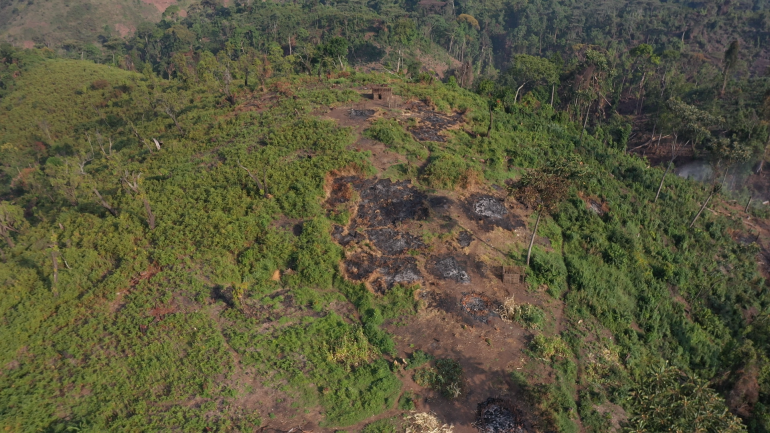
The Kahuzi-Biega National Park, which receives the majority of its funding from the German government, is home to the critically endangered eastern lowland gorilla, and it is one of the DRC’s most important tourist attractions.
The controversy over events at the park escalated on June 1, when the German government-funded Commission of Inquiry into the alleged killings dismissed Flummerfelt’s claims and found that park rangers and Congolese soldiers had not committed widespread atrocities.
The commission said park guards had been forced to defend themselves against “armed” Batwa villagers, and that some Batwa had been killed in crossfire when they were used as “human shields” in clashes between park guards and poachers.
The commission’s findings were condemned by Flummerfelt as “a cover-up”. “It can’t be characterised in any other way,” he told Al Jazeera.
“There are circumstances of the direct intimidation of witnesses, the treating of Batwa victims with open contempt, literally laughing about reports that Batwa women were subjected to group rape.”
“I was there with the commission,” said Flummerfelt, who was invited as a participant on the commission. “There were no firsthand, even second-hand accounts of Batwa being used as human shields. And yet this [claim] is used as a sort of flimsy justification for evidence of the fact that Batwa were killed.”
Flummerfelt and his researcher, who wishes to remain anonymous for safety reasons, had gathered accounts of the alleged atrocities for the report commissioned by MRG.
“[We] spoke to eyewitness sources who described park guards opening fire on civilians, killing a number of Batwa, sometimes execution-style,” Flummerfelt said.
“Sometimes members of the community [were forced] to watch while their family members were executed,” he added.
“[Witnesses also described park guards] subjecting Batwa women to group rape at gunpoint.”
Recordings of ‘witness intimidation’
The report compiled by Flummerfelt and his Congolese researcher led to the establishment of the Commission of Inquiry to investigate their claims.
The inquiry was led by a senior official from the Institute for Nature Conservation (ICCN), the Congolese government agency that runs the park.
“In effect, the ICCN was investigating itself, an enormous conflict of interest,” Flummerfelt said.
In audio recordings obtained by the I-Unit, the commission head, George Muzibaziba, can be heard appearing to intimidate witnesses who were giving accounts of violence against Batwa villagers.
In one recording from mid-April, Muzibaziba is heard telling one Batwa leader, Chief Mbuwa Kalimba Bacirembera, that he must “take responsibility” for his community being attacked by militia groups should ICCN guards and Congolese soldiers need to leave the area as a result of the testimony he had provided.
In another interview, conducted in mid-April, Muzibaziba is recorded informing a witness that the information being provided would be “dangerous” for the witness. Another commission member then interrupts Muzibaziba, saying, “George, don’t intimidate him.”
On the recordings, ICCN lawyers can also be heard laughing at the mention of the gang rape and death of a Batwa woman.
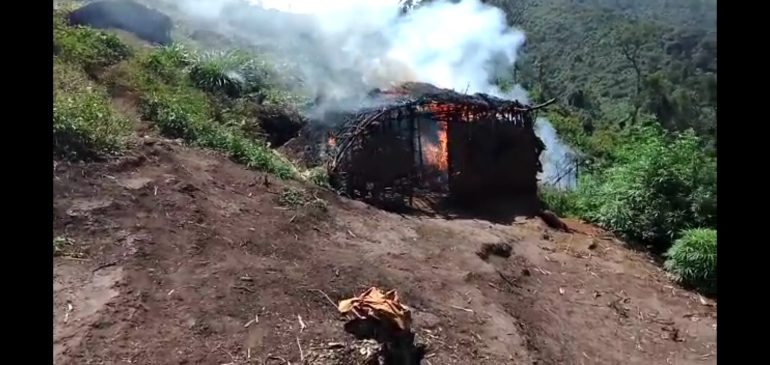
Due to fears for his safety, the Congolese researcher working with Flummerfelt had not divulged his full name to the Commission of Inquiry. However, the limited personal details he did provide were leaked, providing enough information for him to be identified.
“Within three days, the highly specific information provided to the commission about my colleague’s identity is available to the people in the Congolese government,” Flummerfelt told Al Jazeera.
After being tipped off about credible threats to their lives, Flummerfelt and the researcher fled into hiding.
A witness, who asked not to be identified, told Al Jazeera that ICCN guards “won’t tire until they get [Flummerfelt] and [the Congolese researcher]. To kill someone isn’t a problem for them”.
The head of the Commission of Inquiry, George Muzibaziba, dismissed allegations that ICCN park rangers were targeting Flummerfelt and the researcher, describing the claims as “very wrong”.
Chief Mbuwa Kalimba Bacirembera and another Batwa leader, Chief Gonzalo Malenga Majafa, are also in hiding, believing that their appearances before the inquiry have placed their lives in danger.
“They received credible threats that people who work for the institution in the Congolese government, the ICCN, were hunting them, so as to punish them for communicating to the commission the fact that members of the community were subjected to group rape and killed and attacked and so forth,” Flummerfelt said.
‘Massive human rights violations’
Since the release of the commission’s report, a member of Germany’s parliament described events within the Kahuzi-Biega National Park as “massive human rights violations”.
Deborah Düring, the parliamentary spokeswoman for International Cooperation and Development for The Greens in the German Bundestag, said, “The Batwa have to be heard and their rights have to be respected.”
“I think it’s clear that we’re dealing with structural problems, not isolated incidents,” Düring said.
She said the German government and international donors needed to ensure that “crimes and allegations are fully investigated and those responsible held accountable”.
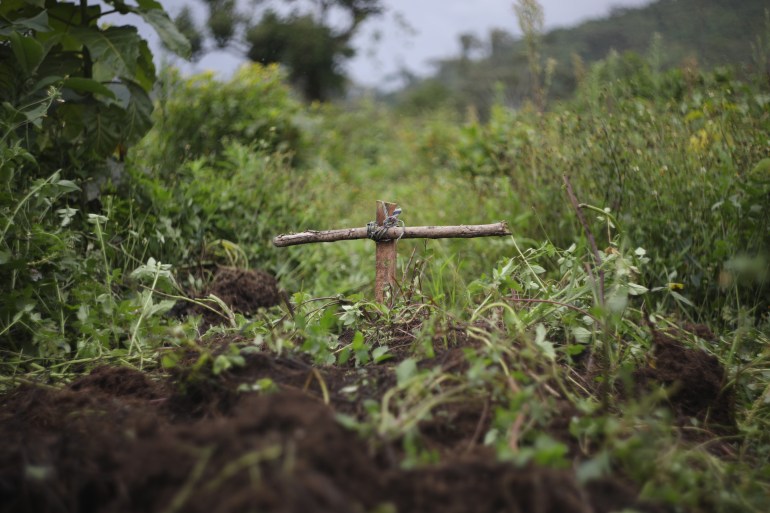
‘False claims’
In response to a question about whether park staff were involved in killings, mass rapes and the forced expulsion of Batwa villagers, Muzibaziba suggested that Al Jazeera “refer yourself to the published report”.
Muzibaziba said he believed Flummerfelt had made “false claims” about violence in the park. He described Flummerfelt’s research as “reductionist … evasive and non-thorough”, and said his report alleging atrocities against the Batwa was “highly biased”.
Muzibaziba denied intimidating witnesses who gave evidence to the Commission of Inquiry. He also denied leaking the identity of the Congolese researcher. He described the commission’s work as “fair and objective”.
A spokesman for the German Federal Ministry of Economic Cooperation and Development (BMZ), which funds the bulk of the costs of running the park, told Al Jazeera that they are “deeply disturbed by accounts of threats and intimidation allegedly levelled against witnesses and sources by members of the Commission”.
Nevertheless, the ministry has “confidence” in the commission’s methodology. In light of the allegations of atrocities committed, the BMZ will “reflect on its continuing support for Kahuzi-Biega”.

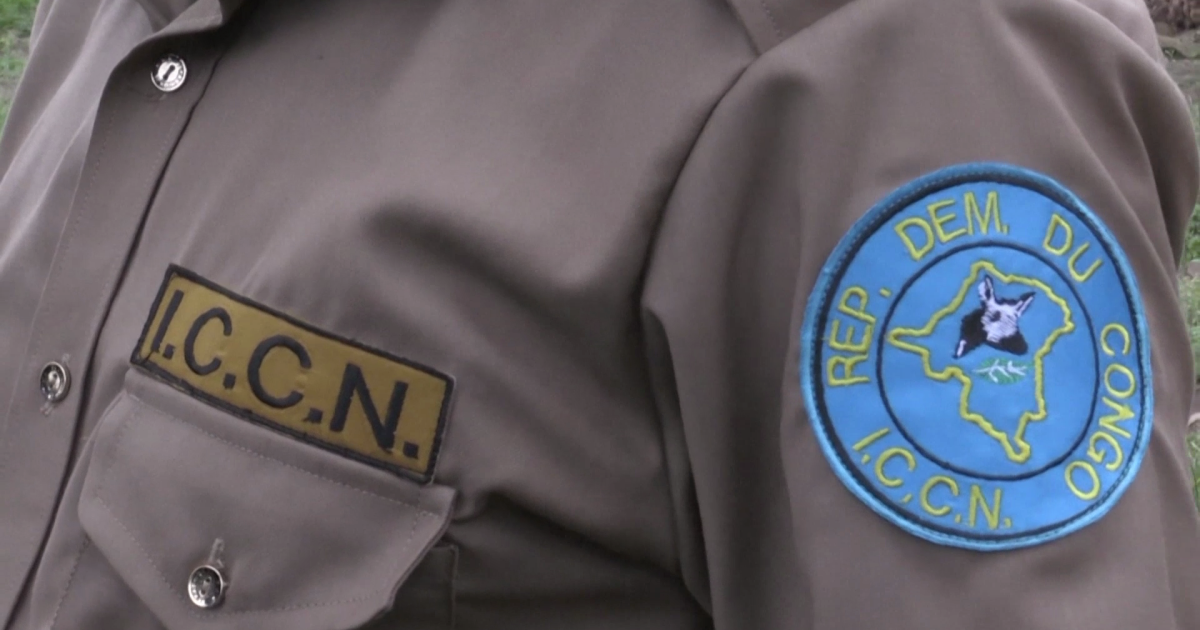
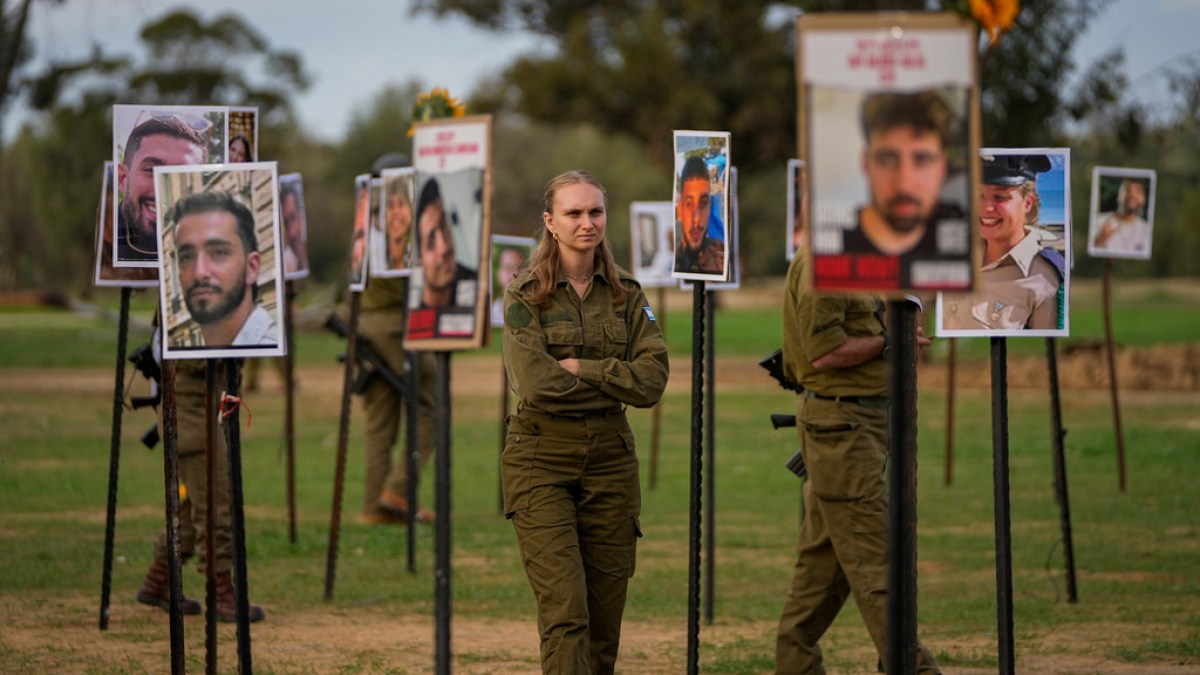
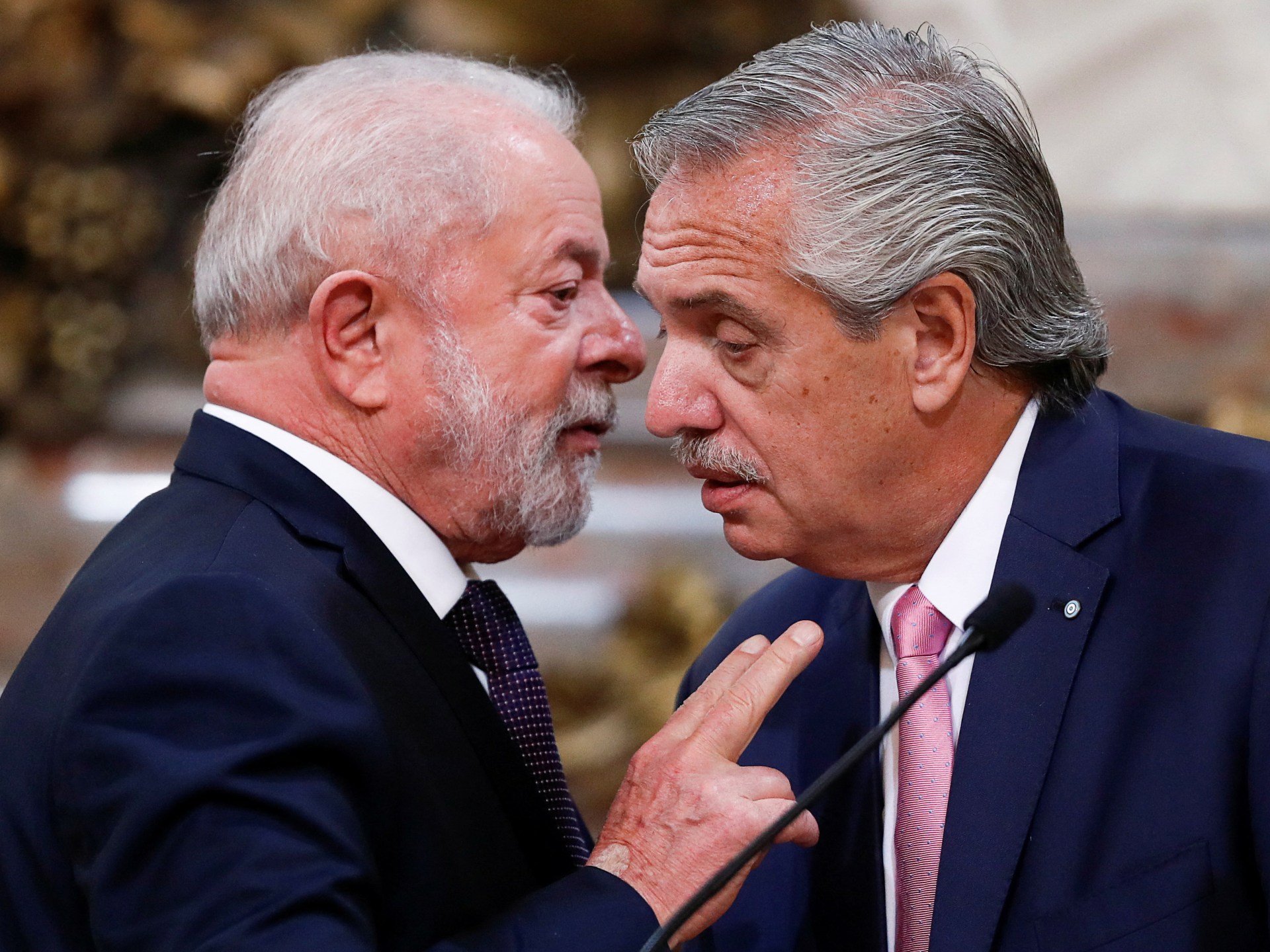
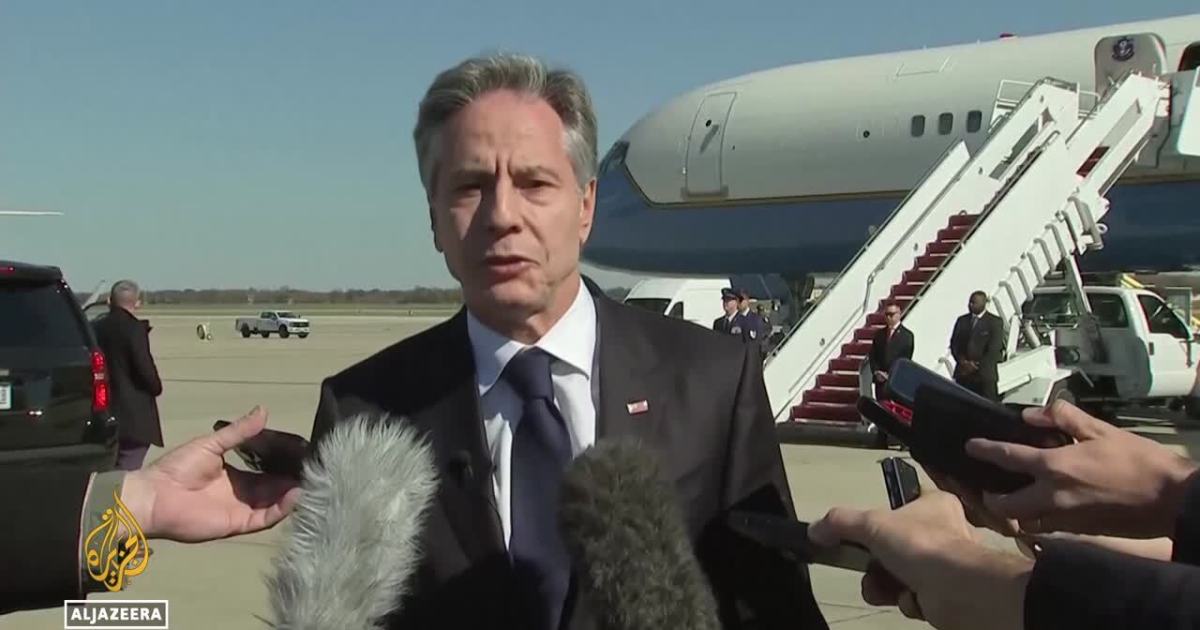
Pingback: mushroom magic grow kit
Pingback: Buy Viagra for hot sex